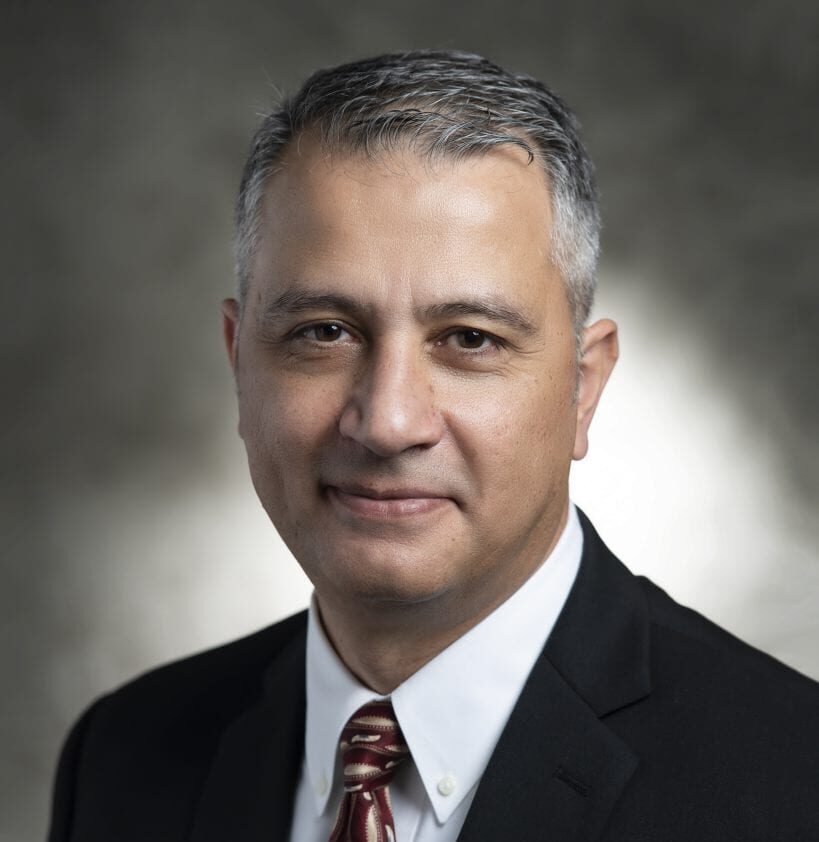
LOUISVILLE, KY.—Once the National Nuclear Security Administration ramps up its plutonium pit production in the 2030s, the semi autonomous branch of the Department of Energy will be more closely linked with the waste disposal work of its sister DOE office for nuclear cleanup, Ahmad Al-Daouk said here Tuesday.
“We are producing pits and we are producing waste … they are both products,” said Al-Daouk, who heads environment, safety and health work for the National Nuclear Security Administration (NNSA). The first product goes into the weapons system and the resulting transuranic waste goes to the Office of Environmental Management’s Waste Isolation Pilot Plant (WIPP) near Carlsbad, N.M.
Al-Daouk kicked off a session at Exchange Monitor’s Radwaste Summit on NNSA’s efforts to modernize the U.S. nuclear weapons stockpile while also planning for the resulting waste generated by efforts such as plutonium pit production.
The Savannah River Site in South Carolina is expected to crank up pit production around 2032 and the availability of WIPP will become increasingly important to NNSA, Al-Daouk said.
The House Armed Services Committee voted last month to keep pre-existing pit deadlines, which NNSA doubts it can meet, in the House version of the fiscal 2025 National Defense Authorization Act.
Savannah River work crews are converting the unfinished Mixed Oxide Fuel Fabrication Facility into the Savannah River Plutonium Processing Facility. Under NNSA’s two-site vision, Savannah River would make at least 50 war ready pits annually and 30 would be produced annually at the Los Alamos National Laboratory in New Mexico.
The South Carolina facility is “a battleship of a plant” and the massive refurbishment required a robust air conditioning system for work in the humid weather, said John McCoy, a senior technical adviser for Fluor-led Savannah River Nuclear Solutions. The location near the South Carolina-Georgia state line poses unique considerations: “alligators are part of the security plan,” McCoy said.
NNSA’s pit production investment at Savannah River is a big factor in DOE’s decision to have NNSA take over as landlord of the 310-square-mile complex from the Office of Environmental Management effective Oct. 1, said Michael Mikolanis. Mikolanis is himself a former Environmental Management field office boss at Los Alamos, and is finishing his second month as NNSA field manager at Savannah River.
McCoy said the Savannah River undertaking has close relations with the Los Alamos National Laboratory, which has much experience in pit production.
Jeannette Hyatt, a senior director at Los Alamos prime Triad Nuclear Security, discussed how her site is hiring hundreds of new, younger employees who must be trained in the culture of the nuclear weapons complex.
“We are bringing in a new generation of workers,” Hyatt said. “They need to understand the what, the why and the how.” This includes restrictions that don’t exist at most other workplaces. The new hires learn that modern phones and smart watches should be kept “in the car,” Hyatt said.